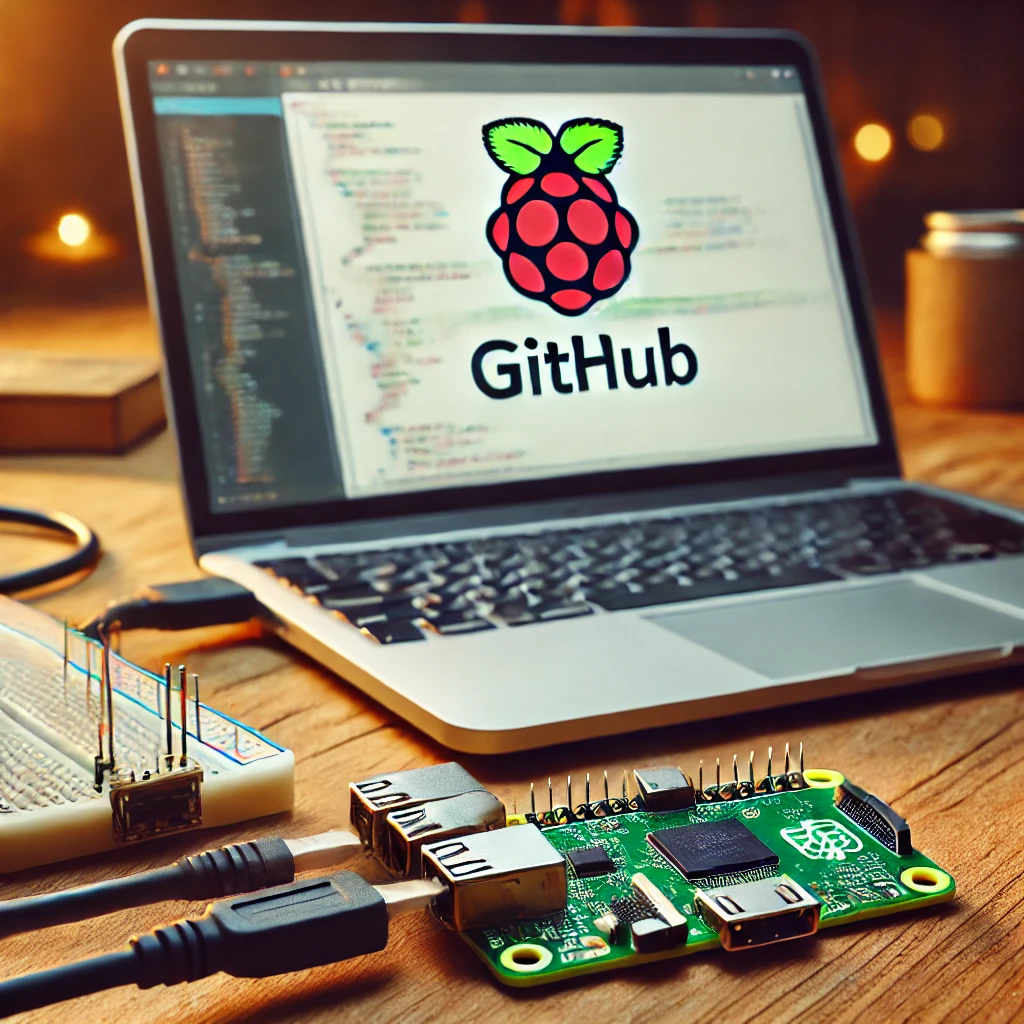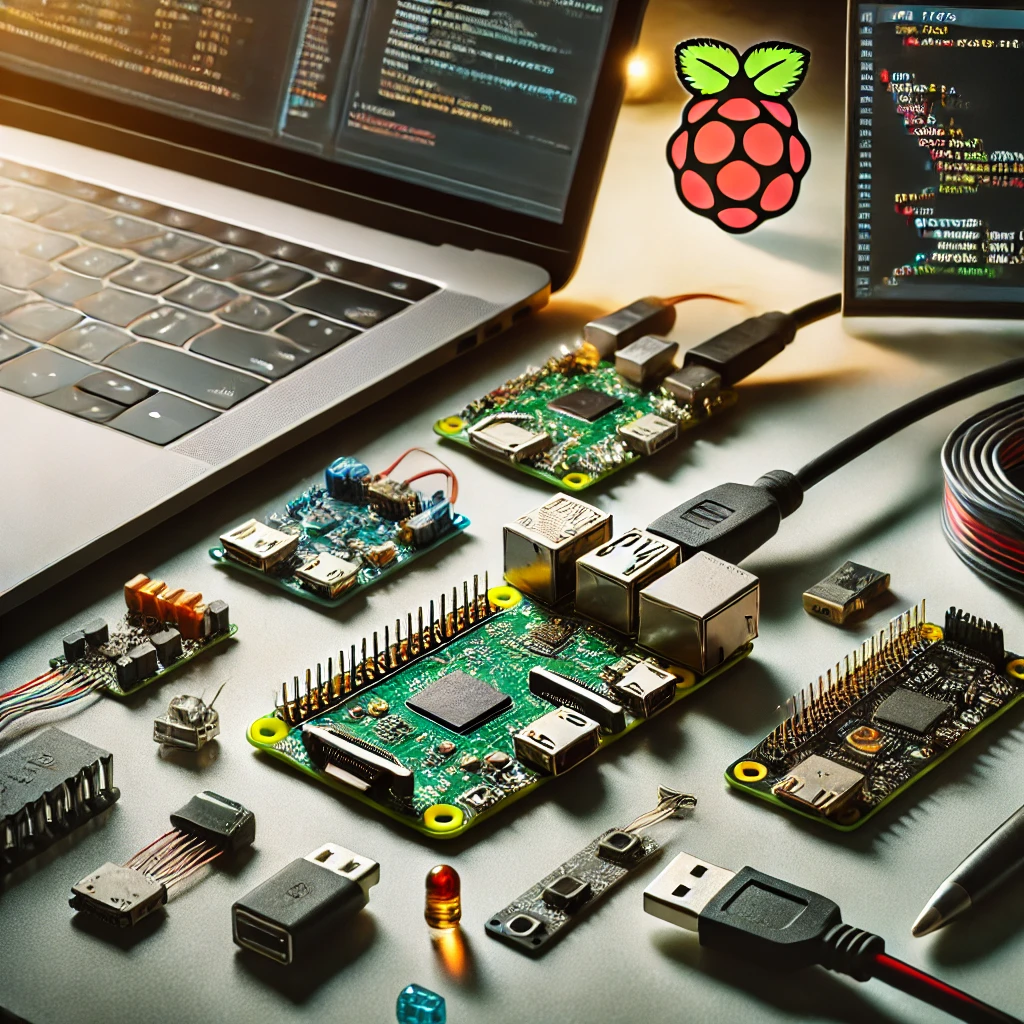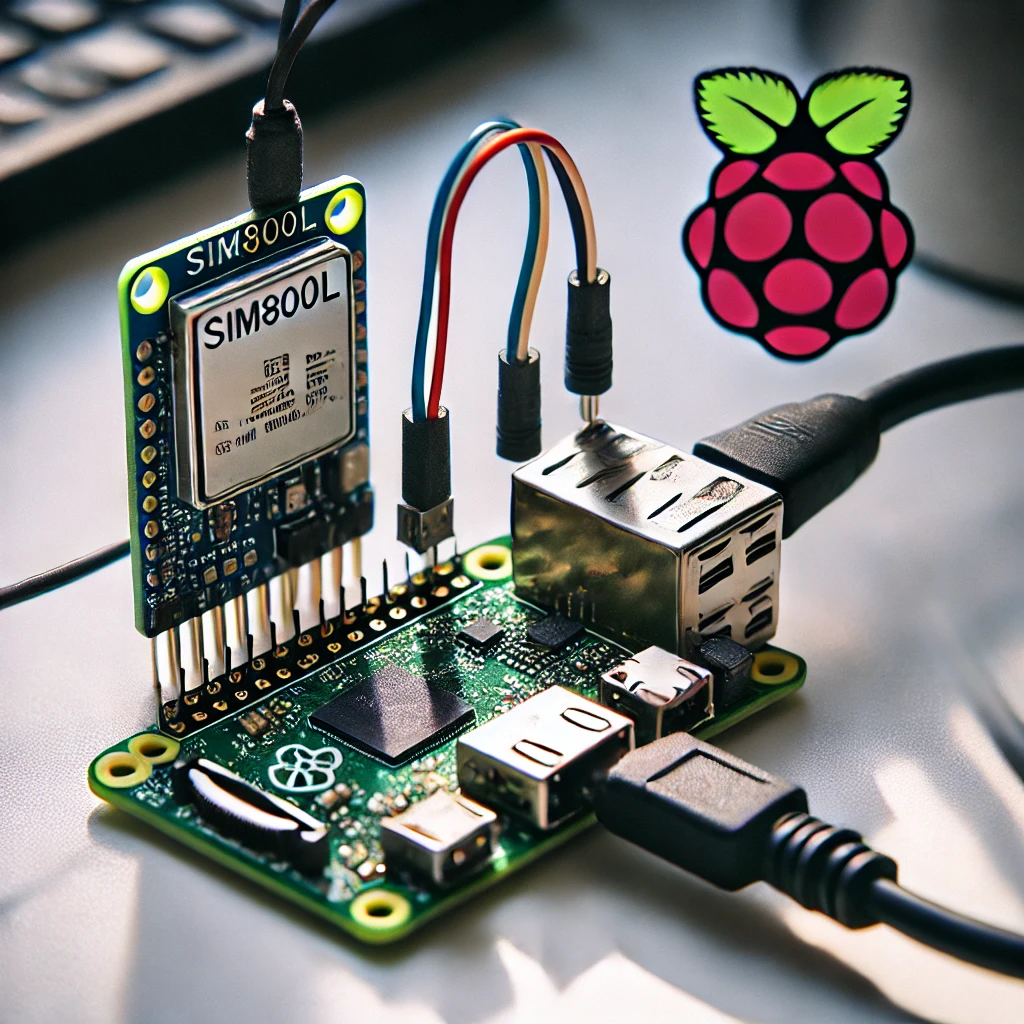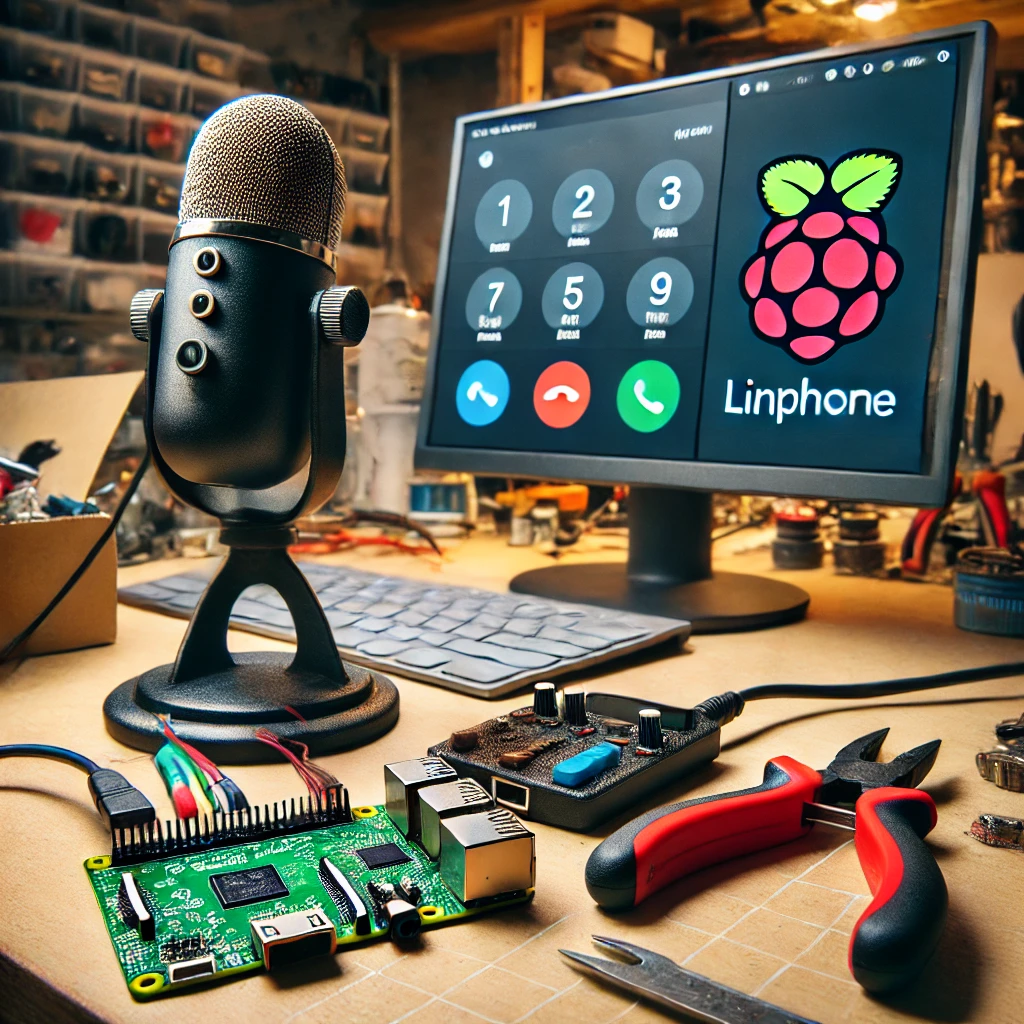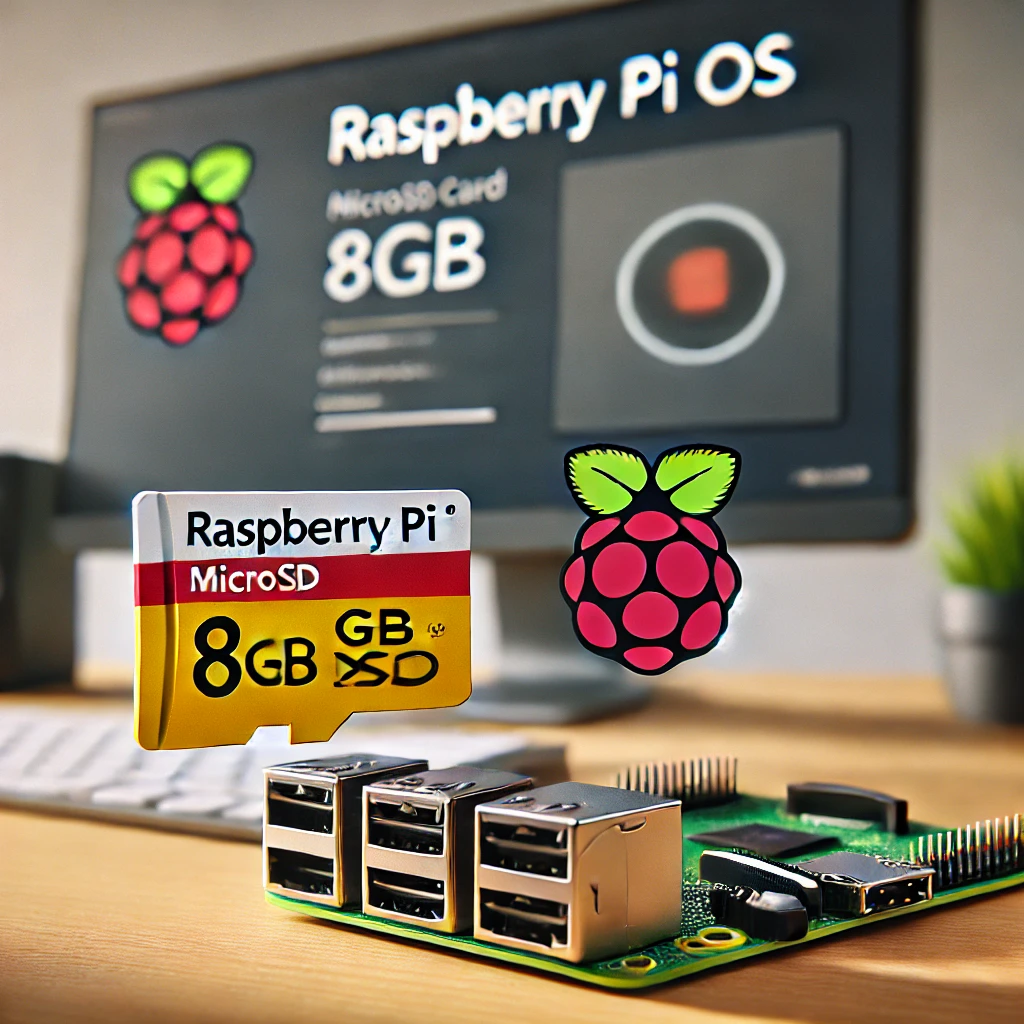Are you looking to harness the power of your Raspberry Pi Zero with GitHub? This guide provides a complete walkthrough to help you get started, optimize your coding projects, and leverage GitHub’s collaboration tools effectively. Whether you’re a beginner or a seasoned coder, this article will assist you in integrating GitHub with Raspberry Pi Zero seamlessly.
Why Use Raspberry Pi Zero with GitHub?
Raspberry Pi Zero is a compact, cost-effective option, perfect for hobbyists and developers. Integrating GitHub with your projects not only enhances version control but also provides a platform for open-source collaboration.
Setting Up GitHub on Raspberry Pi Zero
Here’s how you can set up GitHub on your Raspberry Pi Zero in just a few steps:
- Install Git: Update your Pi Zero and install Git by entering the command:
bash
sudo apt-get update
sudo apt-get install git
- Configure Git: After installation, configure Git with your name and email:
bash
git config --global user.name "Your Name"
git config --global user.email "your.email@example.com"
- Create a GitHub Repository: Head over to GitHub, create a new repository, and connect your Pi Zero by running:
bash
git remote add origin https://github.com/yourusername/your-repo.git
- Clone an Existing Repository: You can also clone any public repository:
bash
git clone https://github.com/username/repo-name.git
- Push Your Code: Once you’re done editing, you can push your code to GitHub using the following:
bash
git add .
git commit -m "Initial commit"
git push origin master
Why GitHub is Ideal for Raspberry Pi Zero Projects
- Version Control: Easily manage different versions of your project and track changes.
- Collaboration: Share your code with other developers, contribute to open-source projects, and get feedback.
- Backup: Ensure your projects are safely stored and accessible from anywhere.

